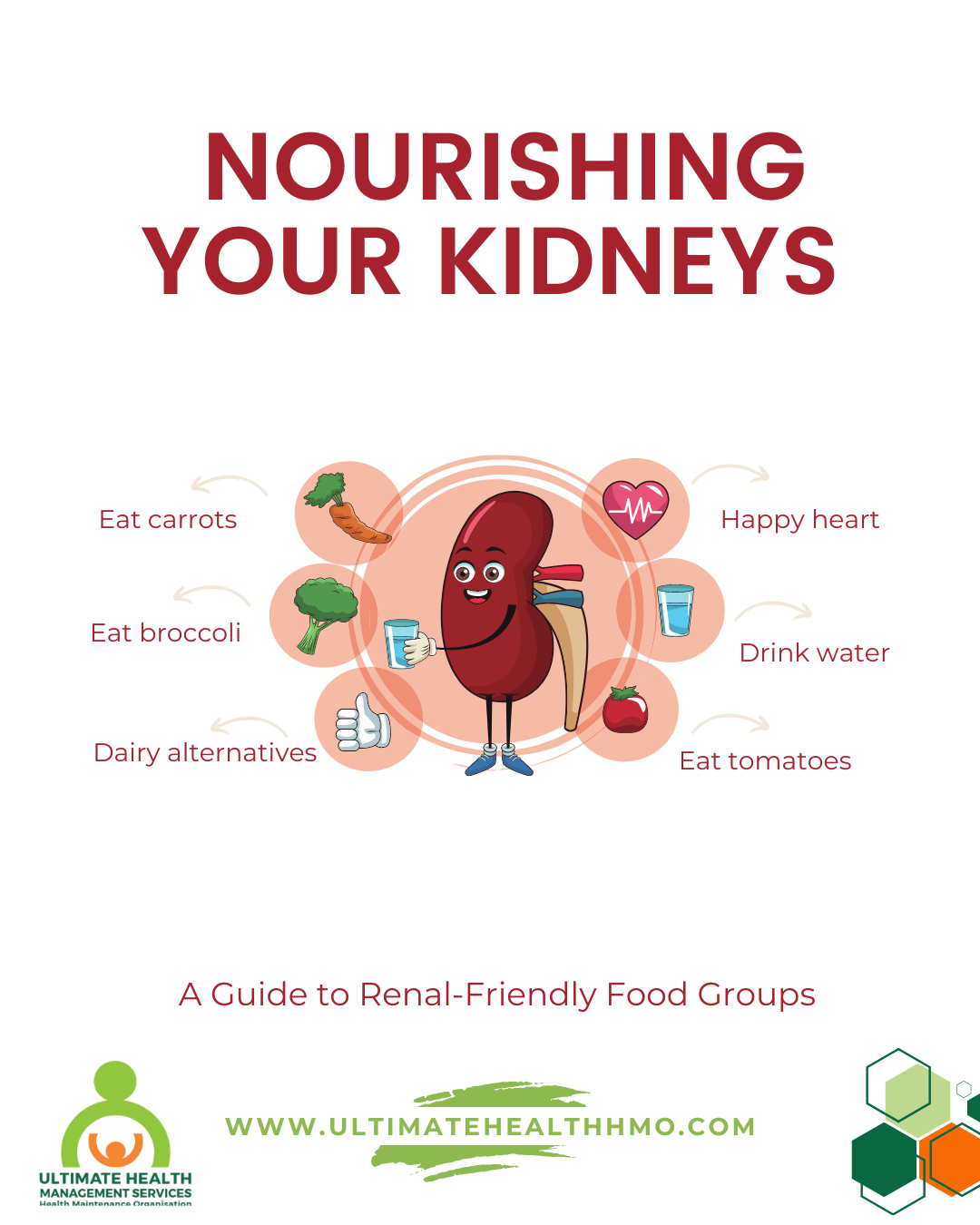Maintaining kidney health is crucial for overall well-being, and a balanced diet plays a pivotal role in supporting these vital organs. The kidneys filter waste and excess fluids from the blood, but certain dietary choices can either promote or impede their function. In this article, we will explore food groups that are particularly beneficial for kidney health.
- Water:
Before delving into specific food groups, it’s essential to highlight the importance of proper hydration. Water is a fundamental component for kidney health as it helps flush out toxins and waste products. Staying adequately hydrated supports optimal kidney function and reduces the risk of kidney stones. Aim to drink at least 8-10 cups of water per day, adjusting based on individual needs and activity levels.
- Vegetables:
Vegetables are a cornerstone of a kidney-friendly diet. They are rich in essential vitamins, minerals, and antioxidants while being low in sodium and phosphorus. Leafy greens like kale, spinach, and collard greens are excellent choices due to their high nutrient content and low potassium levels. Other kidney-friendly vegetables include cauliflower, cabbage, and peppers.
- Fruits:
While some fruits are higher in potassium, there are still plenty of options that can be included in a renal-friendly diet. Berries, apples, grapes, and pineapple are generally lower in potassium and can be enjoyed in moderation. Additionally, fruits like cranberries and cherries have been associated with potential benefits for kidney health.
- Lean Proteins:
Including lean protein sources in your diet is essential for maintaining kidney health. Fish, poultry, and eggs are excellent choices as they provide essential amino acids without contributing excessive amounts of phosphorus. Plant-based protein sources such as beans, lentils, and tofu are also good alternatives for those seeking non-animal protein options.
- Whole Grains:
Whole grains like brown rice, quinoa, and whole wheat products are rich in fiber and essential nutrients. These grains provide a healthy source of energy without overloading the body with phosphorus, making them suitable for a kidney-friendly diet.
- Healthy Fats:
Incorporating healthy fats into your diet is crucial for overall health, and it can benefit your kidneys as well. Sources of monounsaturated and polyunsaturated fats, such as olive oil, avocados, and fatty fish like salmon, can provide essential omega-3 fatty acids. These fats have anti-inflammatory properties and may contribute to kidney health.
- Dairy Alternatives:
For those with lactose intolerance or individuals aiming to reduce phosphorus intake, there are dairy alternatives available. Unsweetened almond milk, rice milk, and coconut milk are low in phosphorus and can be suitable substitutes for traditional dairy products.
Conclusion:
Maintaining kidney health through a well-balanced diet is an important aspect of overall wellness. By incorporating these renal-friendly food groups, individuals can support their kidneys and reduce the risk of kidney-related complications. As always, it is advisable to consult with a healthcare professional or a registered dietitian for personalized dietary recommendations based on individual health needs and conditions.



